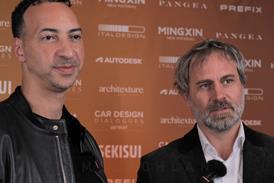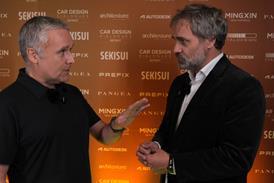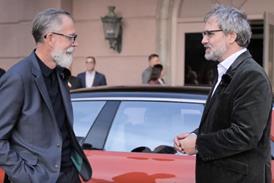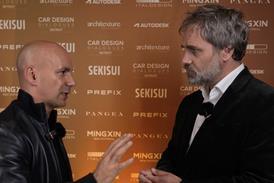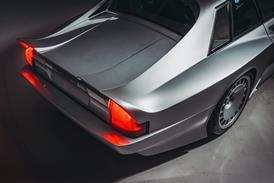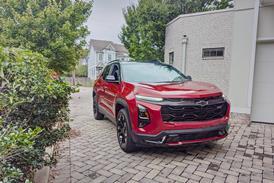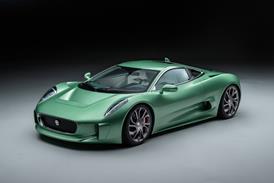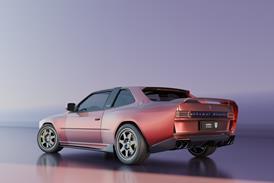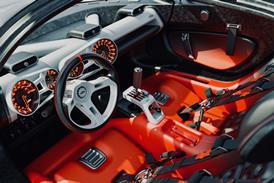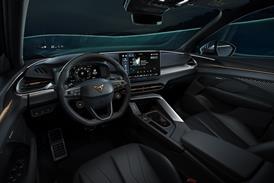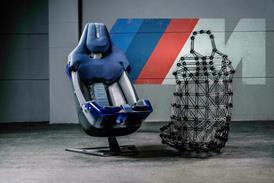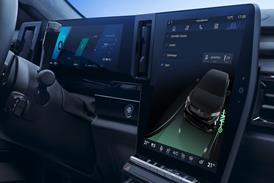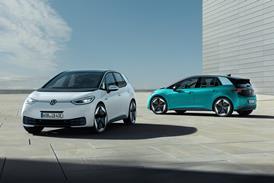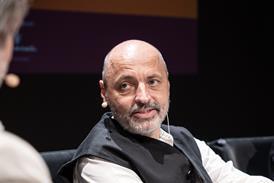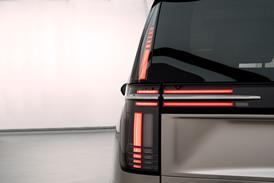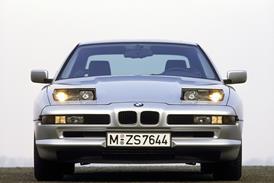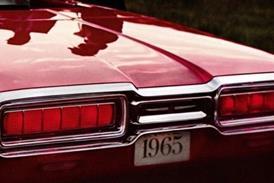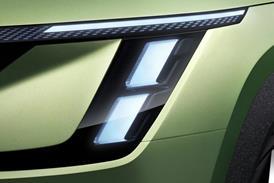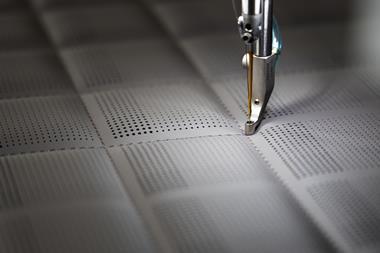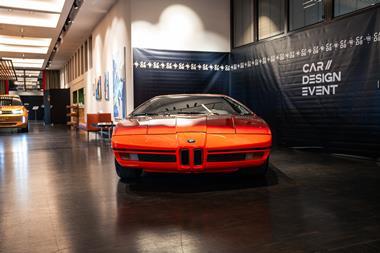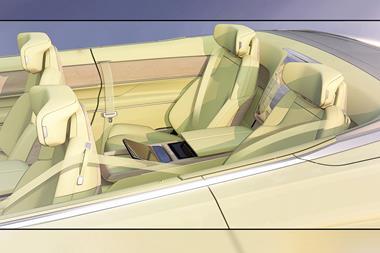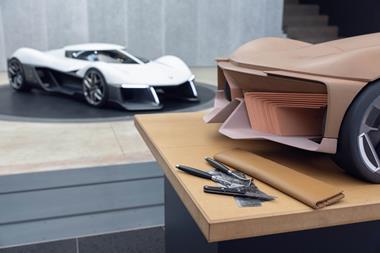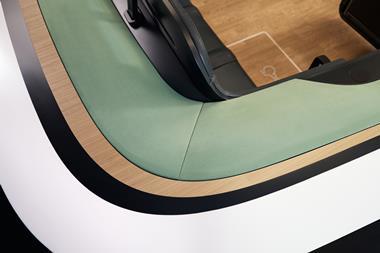The 28th Annual Michelin Challenge Design Competition for the College for Creative Studies (CCS) has just announced its winners. The college's transportation students were asked to design a Le Mans car for 2030, which produced some fascinating entries and a lot of excellent work – which can be seen in the galleries to the right of this column.
Students were asked to create a GTE class race car to win the Le Mans 24 Hours in the year 2030, and to utilise future-looking technologies, innovations and pioneering problem-solving skills to design a car to either reinforce the premium brand image of a company which is already famous for its historical successes, or ready to elevate its brand through a Le Mans win.
The panel of judges for this year’s event were Clay Dean, design director, global advanced design, General Motors; Craig Metros, design director, North American Exterior, Ford Motor Company; and Nicho Vardis, design manager, SRT, Mopar and Motorsports, Fiat Chrysler Automobiles.
The winners were announced at an event at the A. Alfred Taubman Center for Design Education in Detroit, Mich. The winning CCS transportation students received scholarships as part of a $35,000 donation from Michelin to support the school’s Transportation Design program.

L-R: Rick Rogers, president of CCS; Thom Roach, vice president of original-equipment marketing, Michelin North and South America; Kavish Latif; Joe Halaszynski; Dong Hun Joung; Ben Ebel, innovation deployment director of original equipment for Michelin North America and co-chair of Michelin Challenge Design
And the winners were...
First: Joe Halaszynski of Lancaster, Pennsylvania, with a Dyson-branded entry
Second: Dong Hun Joung of Busan, South Korea, with an Audi
Third: Kavish Latif of Agra, India, with an Aston Martin
Honourable Mentions: Alejandro Lozano-Robledo of Bogota, Colombia, with a Pagani and Lucas Sein of Atlanta, with a Tesla.
“An entry that was inspired by the Dyson brand was totally unexpected and executed beautifully. The thought of taking a vacuum cleaner and turning it into a car was out-of-the-box and I appreciate the level of detail that went into it,” Vardis said.
“As a CCS Alumni, I was honored to be invited back to my alma mater as a judge for this competition. I was so impressed with each student’s design journey, from early sketches to a finished scale model. As a designer, reviewing that journey and to see how they resolve issues with a final scale model is a great opportunity to see their concepts and solutions come to life,” Metros said.
“Le Mans 2030 has been a very powerful and popular theme. The entries from the global competition and the CCS competition both provided insightful and innovative designs to showcase race cars of the future,” said Thom Roach, vice president of original-equipment marketing, Michelin North and South America.
“The GTE entries are derived from production-based vehicles, so it was quite interesting to see how the CCS students successfully carried iconic design elements from current vehicles forward to 2030, while integrating innovative future technologies for both production and race vehicles.”
The 2018 Michelin Challenge Design theme “Mobility, Utility, Flexibility: Designing for the Next Global Revolution”, invites participants to create the next revolutionary pickup truck, or open-bedded vehicle. Entrants can now register at www.michelinchallengedesign.com.

